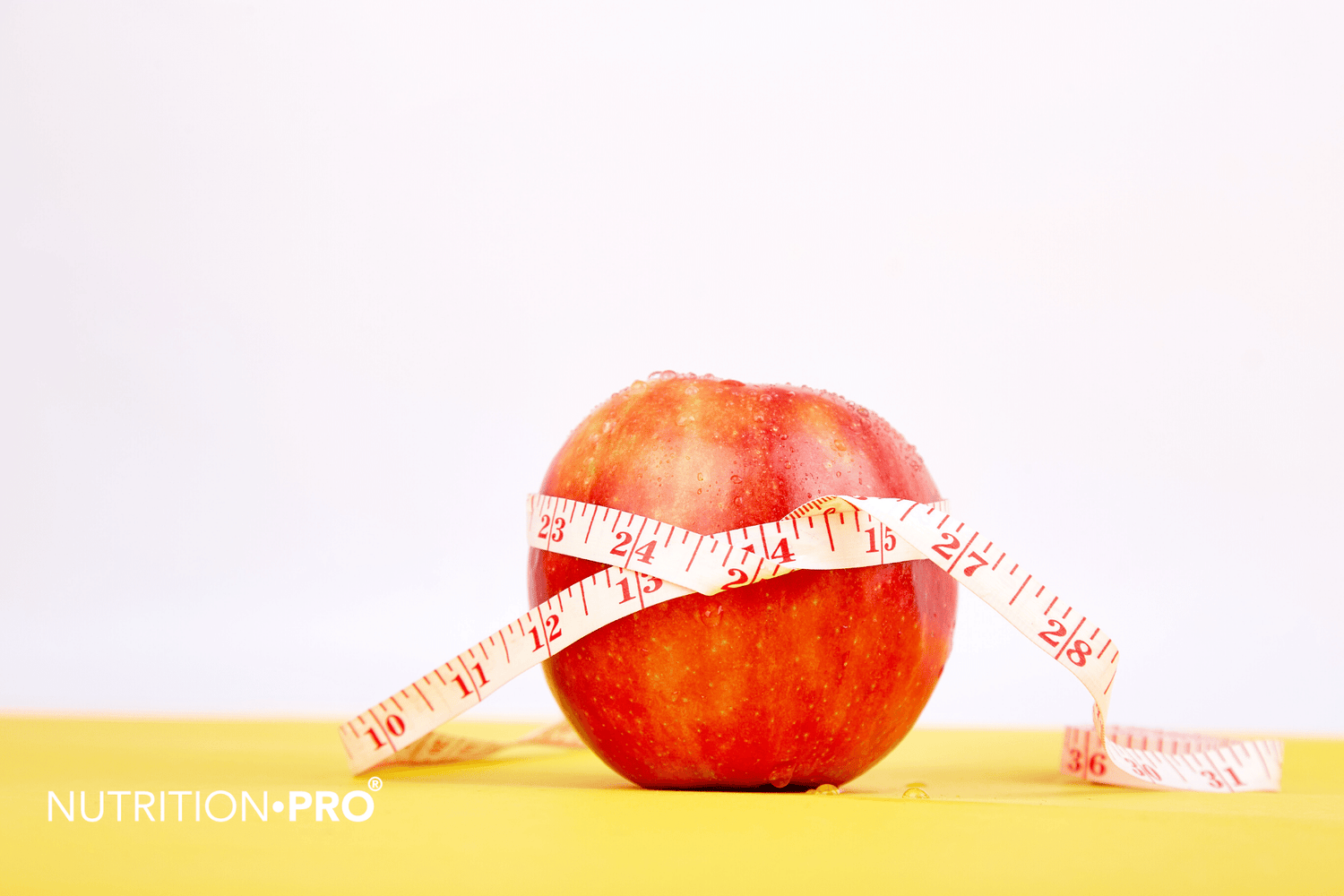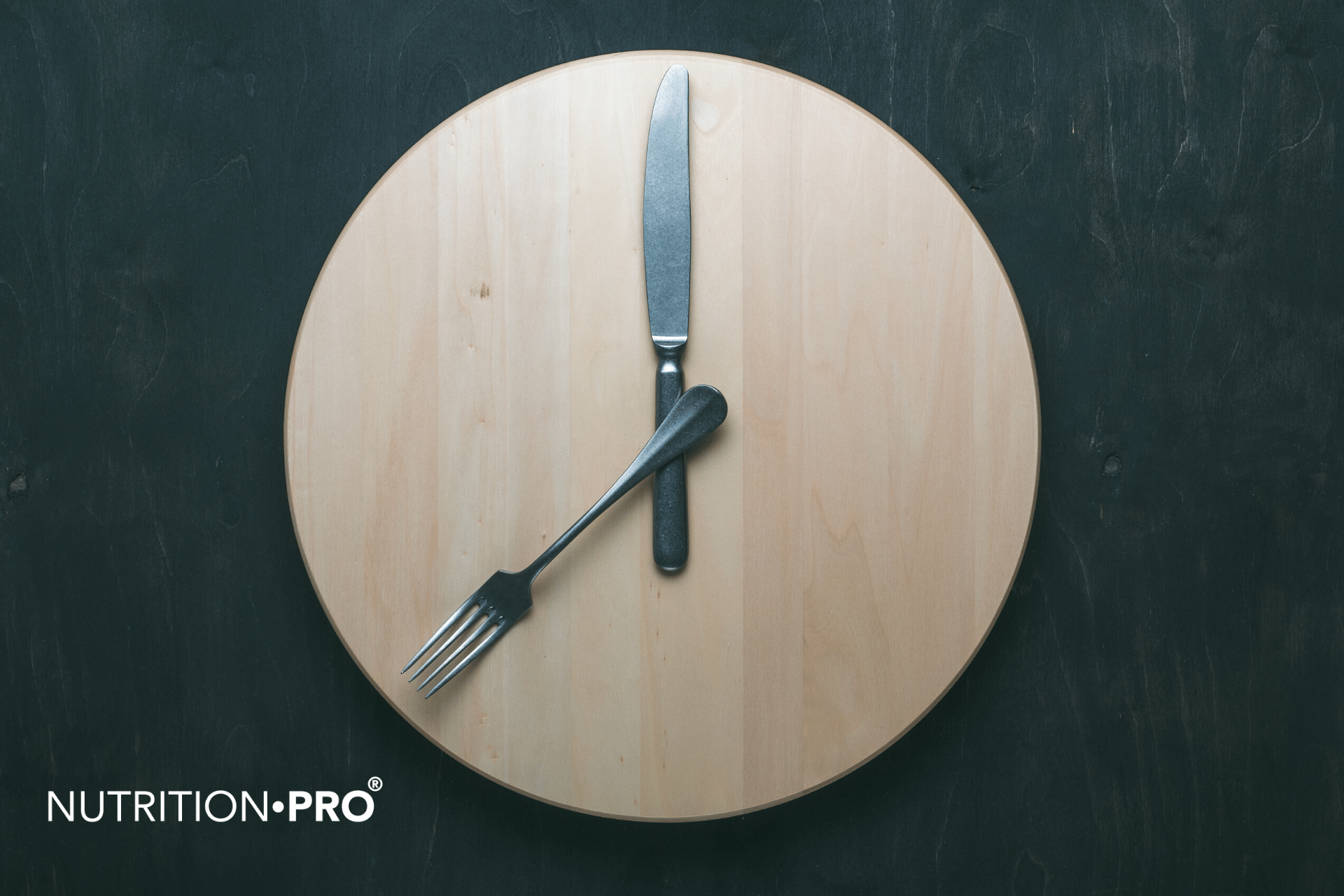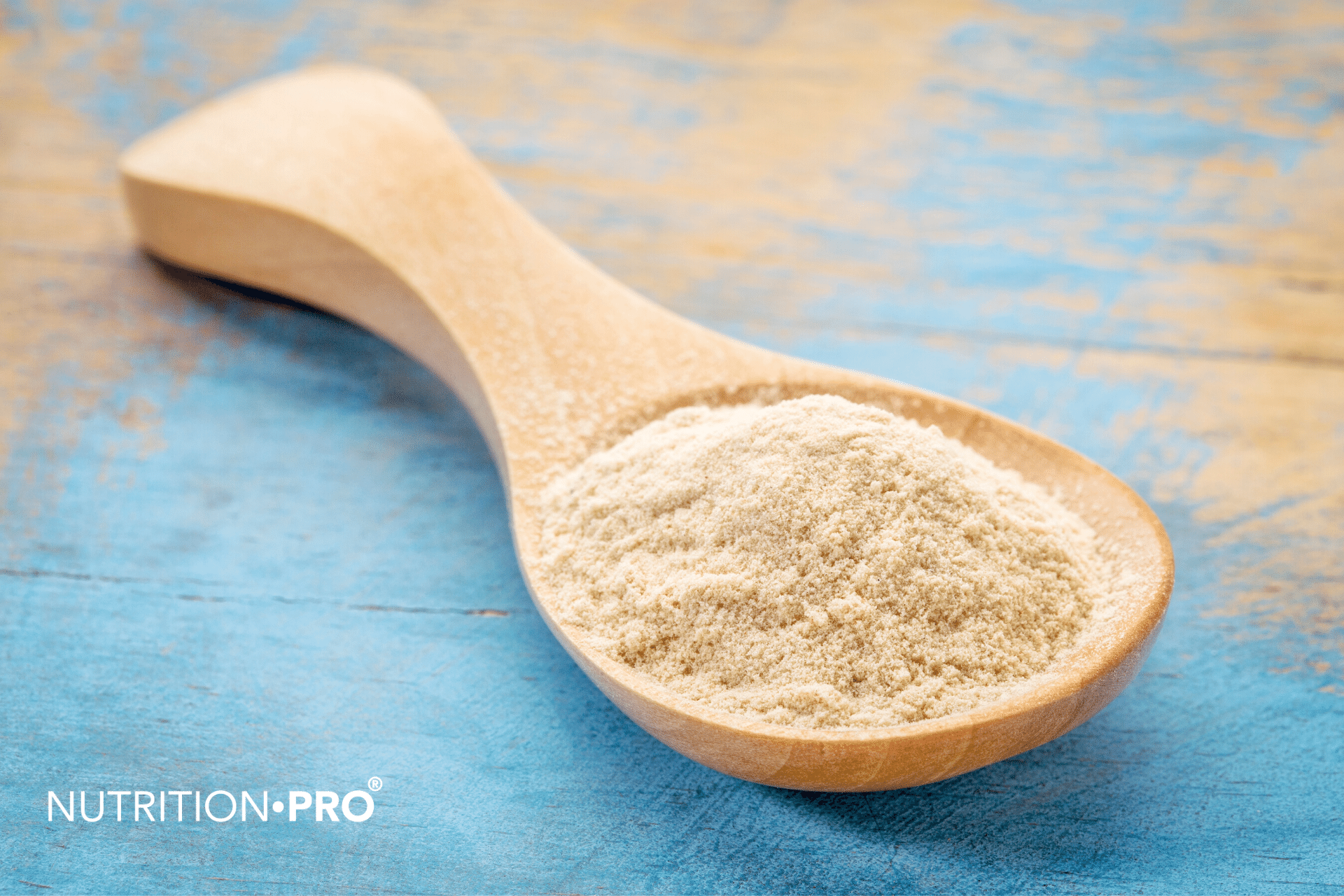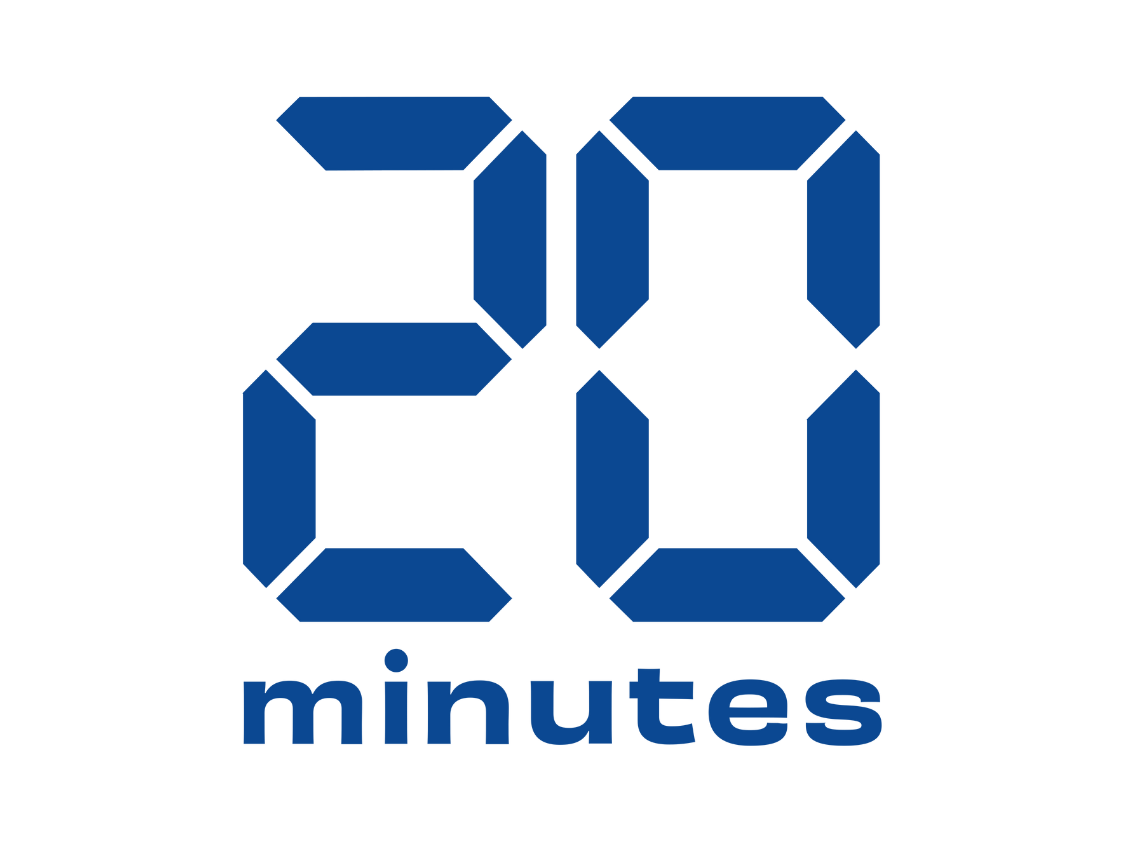If you've ever tried to lose weight , you've probably heard that a calorie deficit is necessary.
Still, you may wonder what exactly it entails or why it is necessary for weight loss .
This article explains everything you need to know about a calorie deficit , including what it is, how it affects weight loss, and how to achieve it in a healthy and sustainable way.
What is a calorie deficit and why it is important for weight loss
Calories are the units of energy you get from food and drink, and when you consume fewer calories than you burn, you get a calorie deficit .
The calories you burn or expend each day - also known as calorie expenditure - consist of the following three components :
- Resting Energy Expenditure (REE). REE refers to the calories your body use at rest for functions that keep you alive, such as breathing and blood circulation.
- Thermal effect of food. It involves the calories your body expends to digest, absorb, and metabolize food.
- Energy expenditure of the activity. This refers to the calories you expend during sports like exercise and non-exercise activities including restlessness and household chores.
If you are providing your body with fewer calories than it needs to support these three components of calorie expenditure, you are putting your body in a calorie deficit . Doing it consistently for long periods of time results in weight loss .
Conversely, you will gain weight if you regularly provide your body with more calories than it needs to support these functions. This is called a calorie surplus.
For most people, a calorie deficit of 500 calories a day is enough to lose weight and probably won't significantly affect your hunger Where your energy level .
To create this calorie deficit , you need to know your maintenance calories. Maintenance calories are precisely the number of calories your body needs to support energy expenditure.
You can use calorie calculators like the National Institute of Health's Body Weight Planner. These calculators estimate your maintenance calories based on your weight, gender, age, height, and level of physical activity .
Although calorie calculators provide a good idea of your maintenance calorie needs , you can get a more accurate number by tracking your calorie intake and your weight for 10 days .
While maintaining the same level of daily activity, use a calorie tracker app to track your calories and weigh yourself daily. For an accurate result, use the same scale, same time of day, and wear the same clothes (or nothing at all).
Your weight may fluctuate from day to day, but if your weight has remained stable over the 10 days, the average number of calories you consumed per day is a better representation of your maintenance calories.
Divide the total number of calories you consumed for 10 days by 10 to find your average daily calorie intake. Then, subtract 500 calories from that number to determine your new daily intake goal for weight loss.
For example, if you find that your maintenance calories are 2,000 per day, your new daily calorie goal would be 1,500.
As you lose weight, your maintenance calories will decrease over time, and you'll need to adjust your calorie intake based on your weight loss goals.
Yet to ensure healthy weight loss and adequate nutrient intake, women should consume no less than 1200 calories per day, and men no less than 1500 calories .
Ways to Achieve a Calorie Deficit
You can achieve a calorie deficit by consuming fewer calories or increasing your level of physical activity – or both.
That said, it may be easier and more sustainable to create a calorie deficit through nutrition . rather than exercise alone , because you may not have the time, energy, or motivation to exercise on a daily basis. Plus, exercise doesn't burn as many calories as many people think .
In other words, it may be easier to eat 500 fewer calories per day than to burn that many calories through exercise. Nevertheless, it is always recommended to engage in muscle strengthening and aerobic exercises for their benefits on overall health .
Engaging in muscle-building activities will help your body prioritize losing body fat over muscle mass .
You will then need to follow a nutritional rebalancing plan to maintain your weight loss .
Tips for eating fewer calories
Reduce calories of your diet to create a calorie deficit does not necessarily require drastic changes.
In fact, there are several strategies that can help you reduce your calorie intake to lose weight and keep it off — and they do n't even require calorie counting .
Don't drink your calories
You may be able to eliminate several hundred calories from your diet simply by reducing or eliminating your intake of sugary drinks such as soda, fruit juices and specialty coffee drinks.
Alcoholic beverages can also contain a significant number of calories.
The calories in these drinks don't fill you up, and excess calories can lead to weight gain, heart disease, and diabetes .
Limit highly processed foods
The sugar, fat and salt in Highly processed foods , including sugary drinks, fast foods, desserts, and breakfast cereals, make these high-calorie foods highly palatable and encourage overconsumption .
In fact, one study showed that people who were allowed to eat as much or as little as they wanted ate 500 more calories per day on a diet containing highly processed foods, compared to a diet containing low-intake foods .
undercooked foods are rich in vitamins, minerals and fiber and include foods like lean proteins, fruits, vegetables, nuts and legumes. A diet rich in minimally processed foods will help you avoid overeating and ensure you get the nutrients your body needs.
If your current nutrition includes many highly processed foods, slowly start replacing those foods with minimally processed foods. For example, swap sugary cereal with fruit-topped oatmeal or swap potato chips with lightly salted almonds.
Eat mostly home-cooked meals
Preparing and eating your meals at home gives you control over your ingredients and portion sizes – and therefore your calorie intake.
One study showed that people who cooked dinner at home 6-7 times per week consumed an average of 137 fewer calories per day than people who cooked dinner at home 0-1 times per week .
Eat home-cooked meals is also associated with better diet quality, increased fruit and vegetable intake, lower body fat levels, and reduced risk of heart disease and diabetes .
Plus, cooking frequently at home can save you money .
A calorie deficit occurs when you consume fewer calories than your body expends.
A calorie deficit of 500 calories per day is effective for healthy and lasting weight loss .
The essential
Eliminating sugary drinks, consuming mostly minimally processed foods like fruits and vegetables, and eating home-cooked meals can help you achieve a calorie deficit without counting calories.















